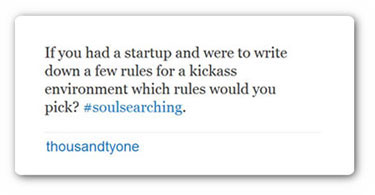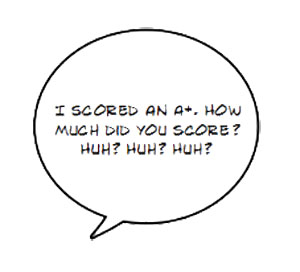You. Yes, you. You can get fired too.

Years ago, this was one realization that dawned on me during a rather strange project.
I was a talented young engineer, minding my own business, learning, growing and staying as far away from office politics as I possibly could. My chances of getting fired were fairly tiny.
Then suddenly, on a fine Monday morning that I found myself in a meeting room with two other programmers and a rather strange project manager, drawing a line on a white board and pasting yellow post-it notes on it left and right. We had been assigned to a nine month project, which the client wanted done in three months.
The timelines that this guy was pasting the board were not making any sense. He was using intimidation left and right to make us say yes to his timelines. We sat there nodding, telling ourselves: how bad can this be. we will work late nights. we will make it work.
If this was now, I would have just said no. On further intimidation, chances are that I would have gotten up, said "screw you" politely with a broad smile on my face and left the meeting.
When you are young the idea of giving up seems insulting. You think of yourself as a super hero ready to rip off your shirt, jump out of the window, fly and rescue the sexy young girl stuck with the evil guy. Besides the fear of getting fired from your first job is pretty much like being rejected or dumped by your one of your first stupid crushes.
Three months later we were struggling with the project. This same manager was grabbing us by our collars and making us ship. The client was throwing their tantrums and we, like any other software development team, in a typical consulting shop, were trying our best to hurry up, ship shit, run away to the next project and not look back.
At the end of third month, when a particular memory leak error refused to go and the application kept crashing left and right, the realization dawned on us. We realized that we might be fired if we cannot ship this thing on time. It took me another three months and a lot of good luck to overcome the fear, make up my mind to stick around, clean up the shit, ship a decently acceptable version and get rewarded the best programmer award in my organization.
The award did not mean a thing and even today I preferred to refer to this project as the biggest successful failure in my professional life till date. Even today the certificate hangs on a dark wall of a small room in my home, reminds me, every time I look at it, that:
- Your organization typically cares much less about the integrity of your work than you do.
- Your organization typically does not care about differentiating your true successes from colossal f@#kups and failures in your professional life.
- You can get certificates and recognition by shipping crap, if you just meet the timelines your manager wants you to meet.
But of all the things that the certificate reminds me, the most important thing that it reminds me is this: If your organization expects you to do the undoable, you are already F@#CKED. You are better off, showing some spine, saying you cannot do it and getting fired right now rather than waiting for things to get messy and then getting fired like a spineless, gutless dolt.
Don't compromise with your integrity and lower the basic standards of what you ship. If you are going to get fired, at least get over your insecurities and get fired for the right reasons.
I wish you good luck.







Comments are closed.